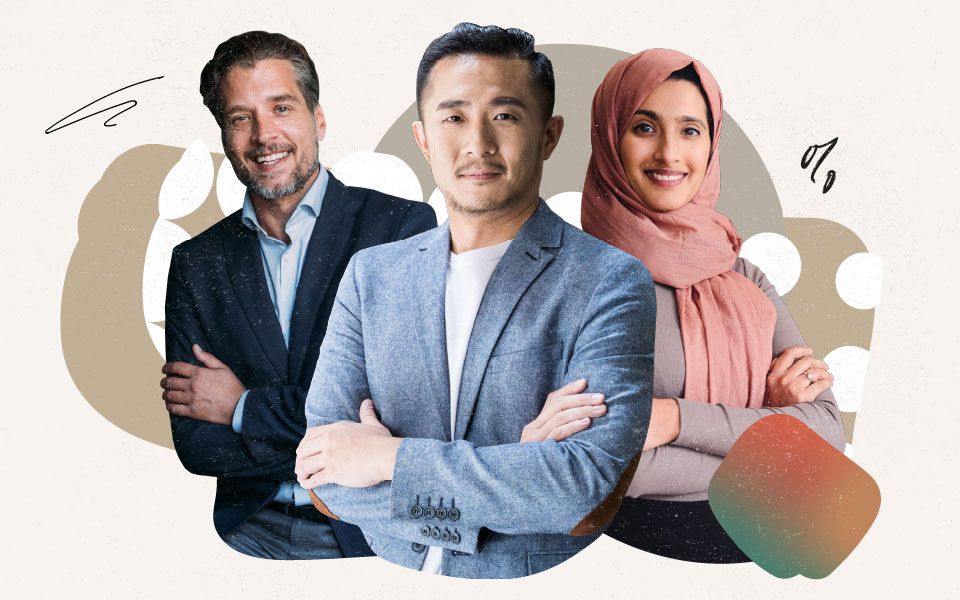Experience is invaluable for leaders. With experience comes ‘hindsight learning’, a form of educative process brought about by living through a circumstance and learning from it.
For the budding leader, a complex situation can lead to stress and negative consequences due to a lack of experience. There is little opportunity to ‘rehearse’ for scenarios in advance, particularly when it comes to dealing with responsibility, high pressure, and people dynamics.
Two questions arise from this dilemma. Firstly, which experiences provide the necessary ‘hindsight learning’ that forges great leaders, and why? And how can we turn ‘hindsight’ into ‘foresight’ learning?
To explore this, we spoke to Rachel Sceats, Head of Experiential Learning at Hult EF Corporate Education, who has guided hundreds of leaders through immersive leadership simulations. We uncovered the psychological transformations that take place through powerful experiences, and how active training can achieve those transformations.

/f/114723/500x500/ca441f5060/rachel_sceats_quote.png)




)